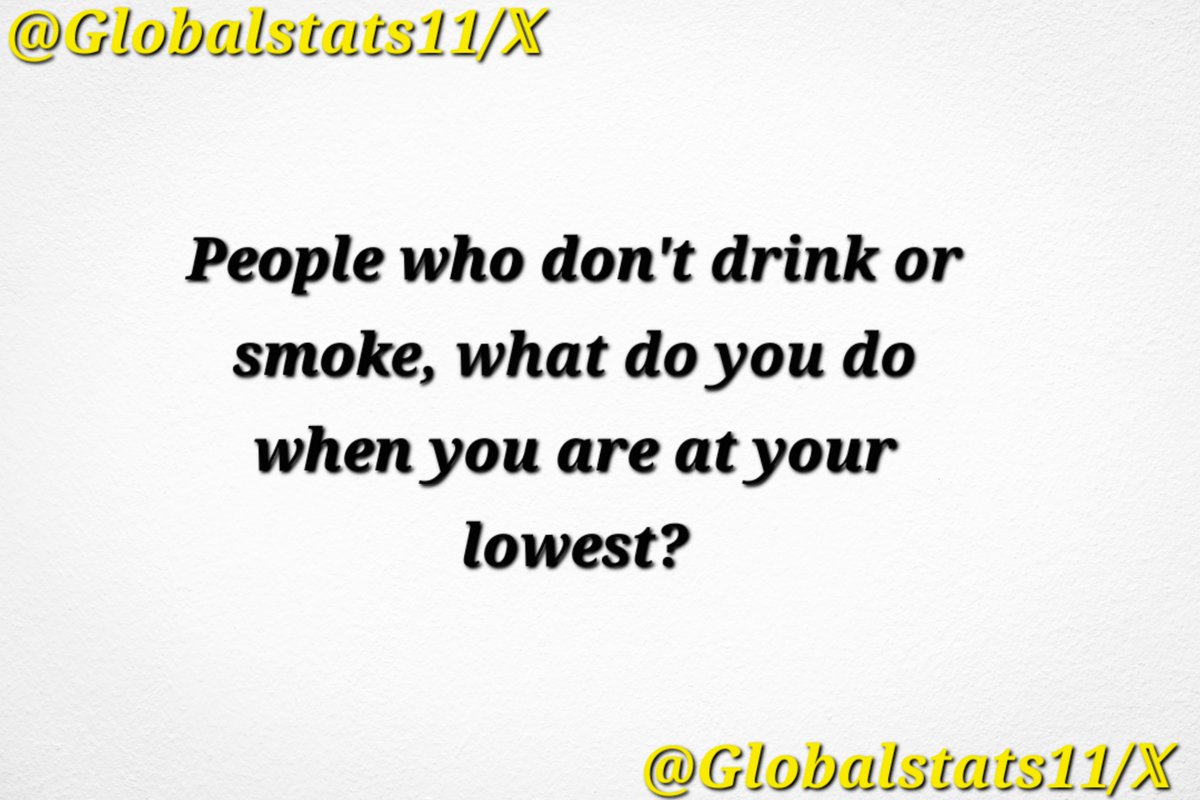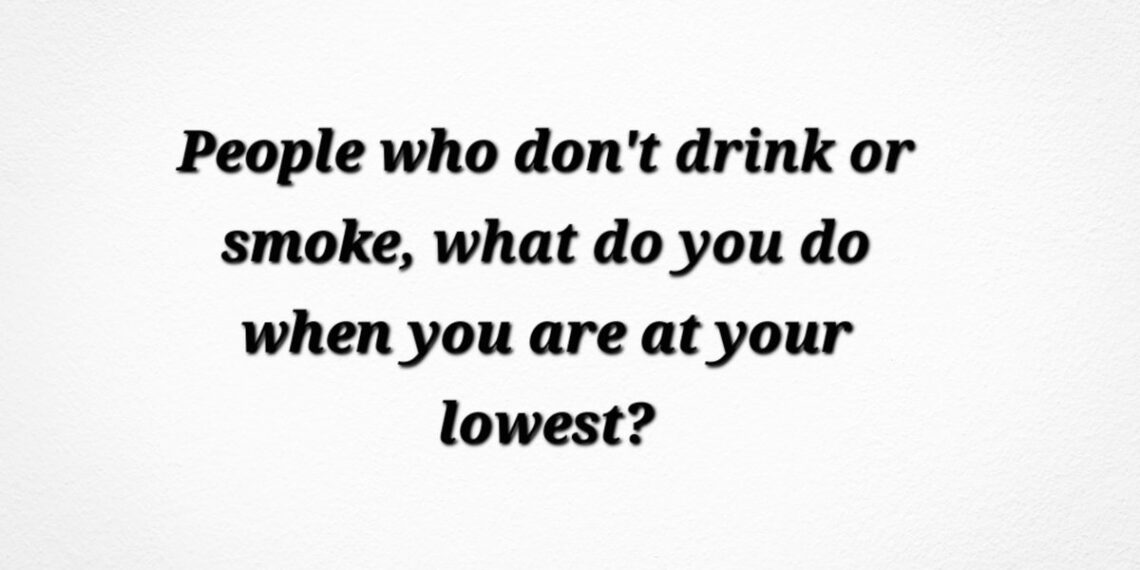Select Language:
Innovative Ways to Handle Stress in 2025

1. Embrace Digital Detox Sessions
In today’s hyper-connected world, constant notifications can lead to overwhelming stress. Many individuals are now turning to digital detoxes, deliberately disconnecting from smartphones, social media, and emails for a specified period. Experts recommend starting small—perhaps an hour a day—and gradually increasing it. During these detox sessions, engaging in offline activities like reading, walking, or practicing mindfulness can significantly reduce anxiety and improve mental clarity.
2. Integrate Mindfulness and Meditation into Daily Routine
2025 has seen a surge in mindfulness apps offering guided meditations tailored to different stress levels. Incorporating just 10-15 minutes of mindfulness daily can help recalibrate your mental state, allowing you to handle challenging situations more calmly. Techniques such as deep breathing, body scans, and visualization exercises are proven to lower cortisol levels—the hormone associated with stress. Many workplaces now encourage mindfulness breaks, recognizing their effectiveness in boosting employee productivity and well-being.
3. Prioritize Physical Activity with a Purpose
Physical exercise remains one of the most effective stress relievers. This year, the trend is leaning toward purposeful movement, like dance classes, outdoor adventure sports, or even virtual reality workouts that make exercising fun and engaging. Regular physical activity not only releases endorphins but also DIVerts your focus from worries. Setting achievable fitness goals fosters a sense of accomplishment, further reducing stress levels and contributing to overall health.
4. Leverage Technology for Stress Management
While excessive device use can be a source of stress, technology can also serve as a tool for relief. Wearable devices now monitor sleep patterns, heart rate, and daily activity levels, providing personalized insights into stress triggers. Additionally, AI-powered chatbots offer on-demand coping strategies and mental health support without the need for appointments. Virtual therapy platforms have expanded, making mental health services more accessible and affordable for many Americans in 2025.
5. Cultivate a Supportive Social Circle
Building and maintaining strong relationships is vital for stress resilience. In 2025, community-based platforms and local meetups facilitate connections among individuals seeking emotional support. Participating in support groups or sharing experiences with friends and family creates a sense of belonging, which is crucial during stressful times. Emotional validation and encouragement from loved ones can significantly alleviate feelings of isolation and anxiety.
6. Simplify Your Schedule and Set Boundaries
Overcommitment is a significant contributor to stress. Learning to say “no” and structuring your day with intentional breaks is increasingly emphasized. Use digital calendars and reminder apps to organize your tasks efficiently, avoiding last-minute rushes that elevate stress. Establishing boundaries—such as designated ‘tech-free’ hours or evening routines—helps create a sense of control and peace amid a busy schedule.
7. Explore Creative Outlets and Hobby Engagements
Engaging in artistic or creative pursuits—like painting, writing, or playing music—acts as a therapeutic outlet for emotional expression. These activities distract from worries, foster a sense of achievement, and stimulate brain regions associated with pleasure. Many individuals in 2025 are dedicating time weekly to hobbies, which serve as an effective counterbalance to the stresses of everyday life.
8. Access Virtual and Augmented Reality Relaxation Experiences
The evolution of VR and AR technology has opened new pathways for stress relief. Immersive environments, such as virtual nature walks or tranquil beach scenes, allow users to escape and decompress without leaving their homes. Mental health professionals increasingly recommend these innovative tools for relaxation, especially for those who find traditional methods less engaging.
Addressing stress effectively requires a multifaceted approach tailored to individual needs. Incorporating these innovative strategies in 2025 can enhance mental wellness, foster resilience, and improve overall quality of life. Remember, seeking professional help remains a vital step if stress becomes unmanageable. Take charge of your mental health today—your well-being depends on it.






